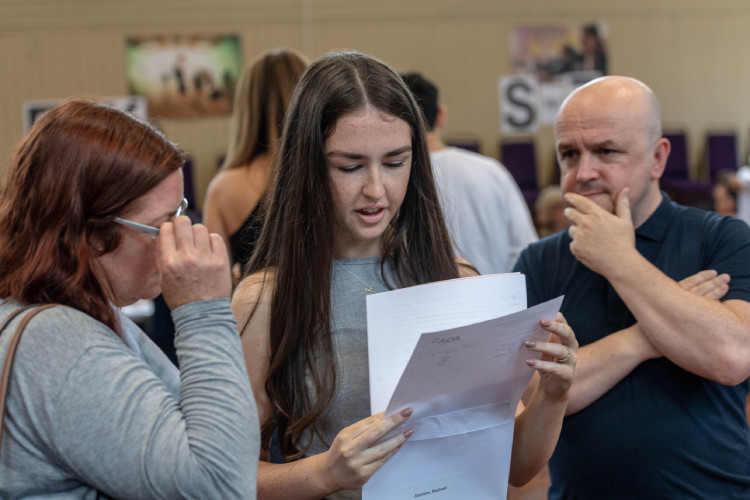Overview
The General Certificate of Secondary Education (GCSE) is a two-year course of study offered to students in the UK in years 10 and 11. However, some schools may choose to start GCSE preparations in year 9. So, this raises the question of when to start preparing for GCSEs – in year 9 or year 10? (And perhaps when to look for a GCSE tutor)
The GCSE syllabus officially begins in year 10. This is when students start studying the subjects they will be examined in. However, some schools may choose to start preparing students for their GCSEs in year 9 by introducing them to the curriculum. This helps build up their knowledge and skills, and provides them with a foundation for year 10 and 11.
Why start preparing for GCSEs in Year 9?
There are several advantages to starting GCSE preparations in year 9. First, it allows students to get a head start on their studies, which can reduce the pressure they may feel in year 11. By learning the curriculum in advance, students may also have more time to absorb and retain the information. This can help them perform better on their exams. Additionally, starting early can provide students with the opportunity to identify areas where they may need extra support or tutoring, which can be addressed early before it is too late.
Another advantage of starting preparations early is that it allows students to explore their interests and choose the subjects they want to study for their GCSEs. By taking time to research different subjects and consider their career goals, students can make more informed decisions. In turn, this can have a significant impact on their future academic and career paths. A good GCSE Maths tutor, GCSE Science tutor or GCSE English tutor can help guide you too!
What about starting preparing for GCSEs in year 10 or 11?
There are definitely also some disadvantages to leaving GCSE preparations until year 11. One of the most significant disadvantages is the time pressure that students may face. By waiting until year 11 to begin preparations, students may have less time to study and absorb the material, which can make the process more stressful and challenging. To add to the stress, students may not have as much time to identify areas where they need additional support or tutoring, which can make it more difficult to address their weaknesses effectively.
Another disadvantage of leaving preparations until year 11 is that students may not have as much time to explore their interests and career goals, which can limit their options and lead to poor decision-making. By rushing through the curriculum, students may not have the opportunity to consider the broader implications of their academic choices and may not have as much time to research potential career paths.
Any disadvantages to starting early?
Whilst the GCSE syllabus officially starts in year 10, starting preparations early can have several advantages. These include reducing pressure and giving students more time to learn and retain information. On the flip side, leaving preparations until year 11 can lead to time pressure, limited options, and poor decision-making. Ultimately, the choice of when to start GCSE preparations will depend on the individual student’s needs, interests, and goals, and every school is different so talk to your academic leads or tutors.



